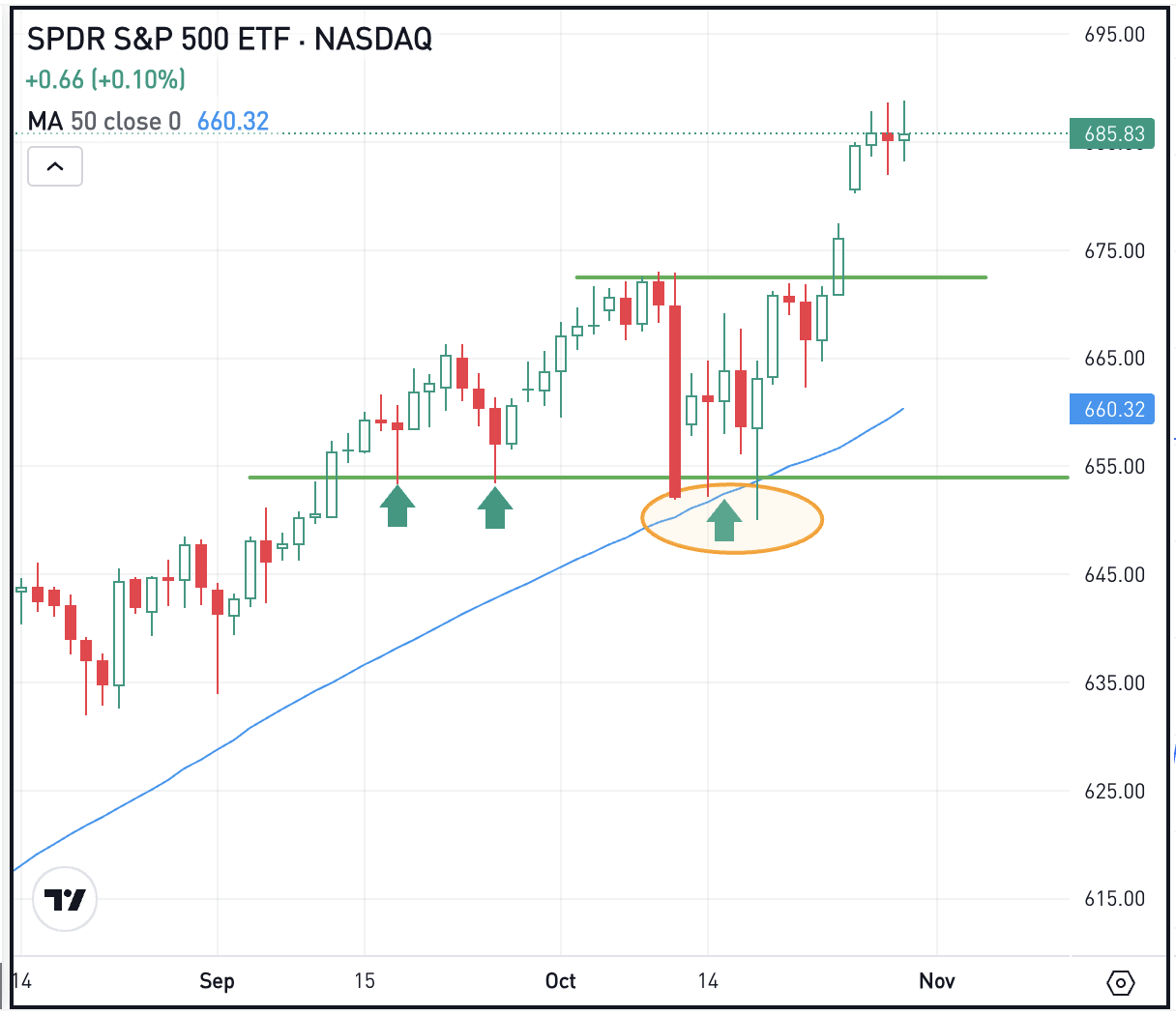Quantum computing is no longer just science fiction or the stuff of cypherpunk paranoia; it’s officially a front-page threat for the world’s first stateless money. If you ever thought Satoshi’s creation was immune to existential risk, think again. The latest round of Bitcoiners and cryptographers in the Human Rights Foundation (HRF)’s latest report would like a word.
Quantum computing is the ‘biggest risk’ to Bitcoin
The HRF’s detailed breakdown discusses how Bitcoin represents far more than a speculative plaything. It’s a lifeline for activists, journalists, and dissidents facing financial repression in authoritarian regimes. Bitcoin’s decentralization, privacy, and permissionless access are what keep donation flows alive and savings out of reach from government seizures.
But all that magic depends on solid cryptography. And quantum computing is the only technological leap with the power to shatter those invisible shields. Quantum computing puts nearly $700 billion in Bitcoin at risk. Another 4.49 million are only safe if their owners act fast and migrate to quantum-resistant addresses.
While researchers rush to roll out quantum-secure upgrades, nothing is quick in Bitcoin land. That means fierce debates about whether to “burn” unmovable coins (and stick a fork in Bitcoin’s neutrality), or risk quantum thieves looting them.
To top it off, quantum-proof transactions would bloat the blockchain, taking Bitcoin’s scaling problem from a mild headache to a crushing migraine. It’s not just a technical puzzle either; it’s a test of the network’s willingness to evolve without breaking what made Bitcoin special in the first place. Coin Metrics cofounder and Bitcoin advocate Nic Carter put it bluntly in his own recent writing:
“Quantum computing is, in my opinion, the biggest risk to Bitcoin. It’s a big looming problem for a lot of financial systems, and for various other blockchains too, but it’s kind of a uniquely big and intractable problem for Bitcoin.”
How much Bitcoin is at risk?
HRF’s report revealed that roughly 6.5 million Bitcoin (almost one-third of all BTC) are currently vulnerable to “long-range” quantum attacks. Those attacks target old or reused address types. Of these, owners could, in theory, secure 4.49 million coins by migrating their balances to quantum-resistant addresses.
The catch? That leaves 1.7 million BTC, including Satoshi’s legendary 1.1 million, frozen in time and wide open for quantum bandits when the day comes. The quantum threat boils down to two main attack vectors: “long-range attacks” and “short-range attacks.”
Long-range attacks target dormant and reused addresses, exploiting exposed public keys. Short-range attacks exploit the transaction window, swiping funds before confirmation if attackers can calculate private keys in real time.
“Burn” or be burned: protocol politics
Bitcoin’s decentralized upgrade process is its greatest asset and its biggest weakness here. Unlike Apple’s latest OS update, Bitcoin doesn’t get automatic security fixes. Consensus means drama, often measured in years, not weeks.
The “burn or steal” debate is heating up: Should developers try to burn quantum-vulnerable coins, freeze them, or let quantum thieves drain lost wallets? Nobody agrees, which isn’t surprising for a project obsessed with property rights, censorship resistance, and anti-governance. As the report concludes:
“Upgrading Bitcoin to withstand quantum threats is as much a human challenge as a cryptographic one. Any successful soft fork integrating quantum-resistant signature schemes will necessitate user education, thoughtful user interface design, and coordination across a global ecosystem that includes users, developers, hardware manufacturers, node operators, and civil society.”
Brave new algorithms, larger blocks, and new headaches
Moving to quantum-proof algorithms isn’t just a technical sidebar. HRF highlights two classes of solutions: lattice-based and hash-based signature schemes, each with different trade-offs. Larger keys mean bulkier transactions, fewer transactions per block, heavier full nodes, and likely an entire new chapter in Bitcoin’s scaling wars.
For reference, lattice-based signatures are about ten times larger than current signatures, while the most compact hash-based alternatives are 38 times bigger. Every technical fix will require wallet redesigns, updated hardware, node operator re-training, and user education on a global scale.
The community must coordinate across coders, wallet builders, advocacy groups, and millions of skeptical holders (many of whom don’t even know their coins are vulnerable). History shows even friendly upgrades can take years to pass, and with quantum computing timelines still unclear, the window for action may slam shut faster than expected.
What’s next: resilience or ruin?
Any durable fix will require grassroots buy-in, not just GitHub commits. The fate of forgotten Bitcoins (and perhaps the ecosystem’s legitimacy) hangs on how the network navigates these political, technical, and social battles in the coming decade.
For Bitcoin’s rebels, cypherpunks, and involuntary exiles, the message is clear. Keep educating, keep upgrading, and don’t assume Satoshi’s armor is permanently bulletproof. As Bitcoin security expert, core dev, and Casa cofounder, Jameson Lopp, warned, even more than quantum computing, the biggest threat to Bitcoin is apathy:
“If people are apathetic about continuing to talk about improving Bitcoin, that’s when it becomes weak and more vulnerable to new threats that can emerge.”










